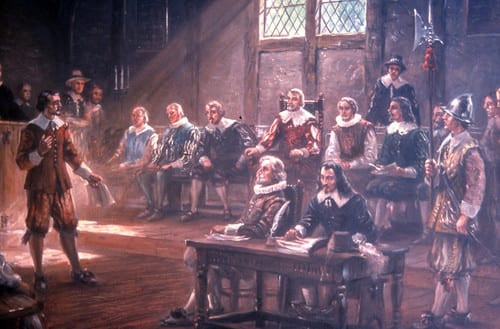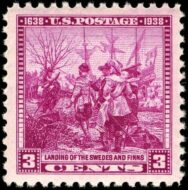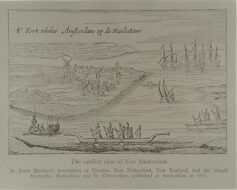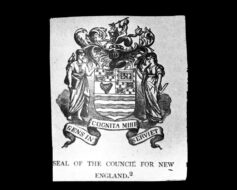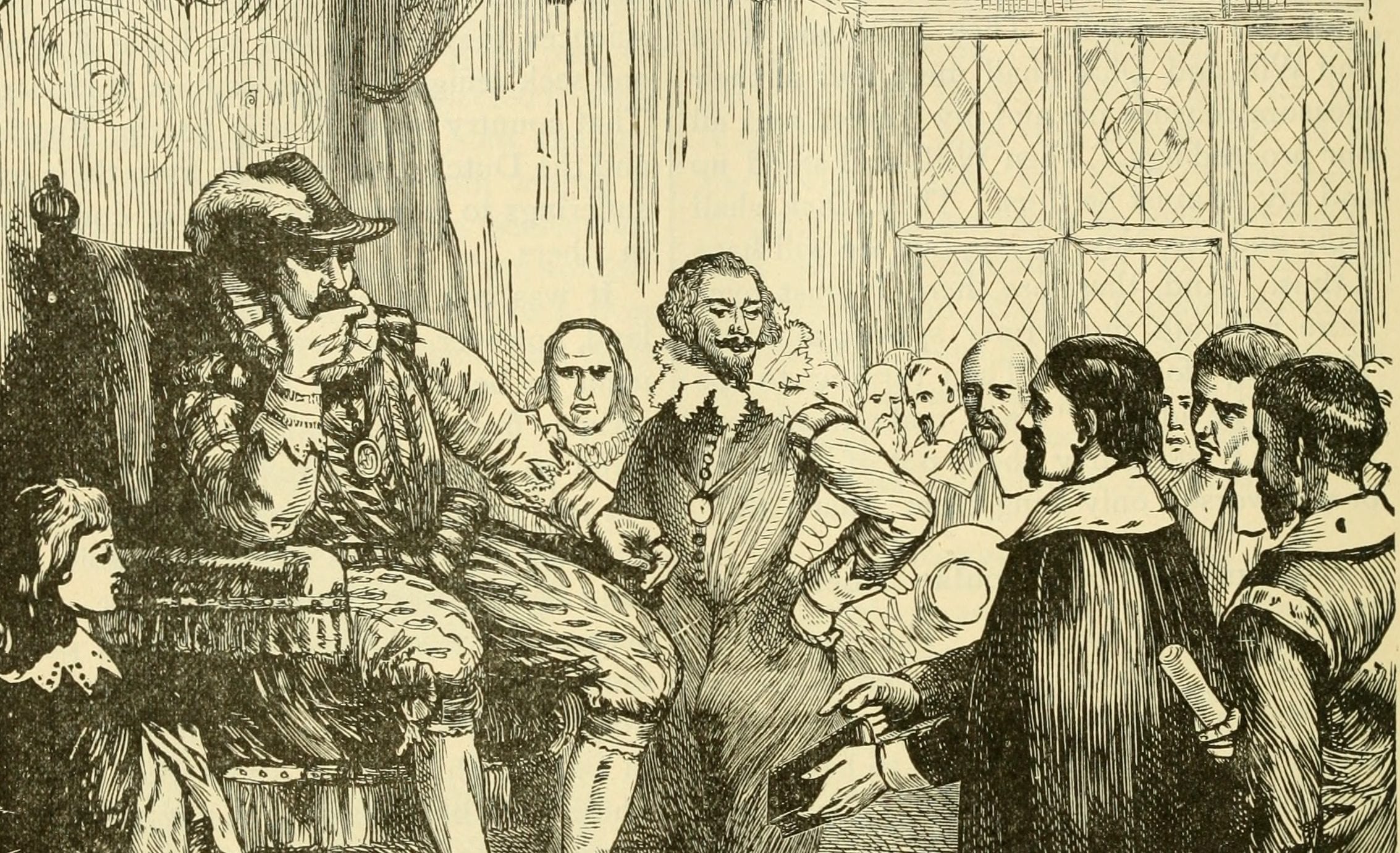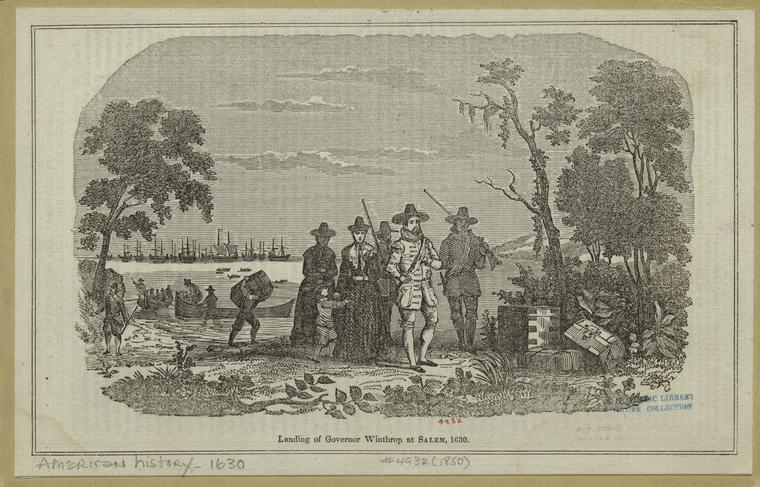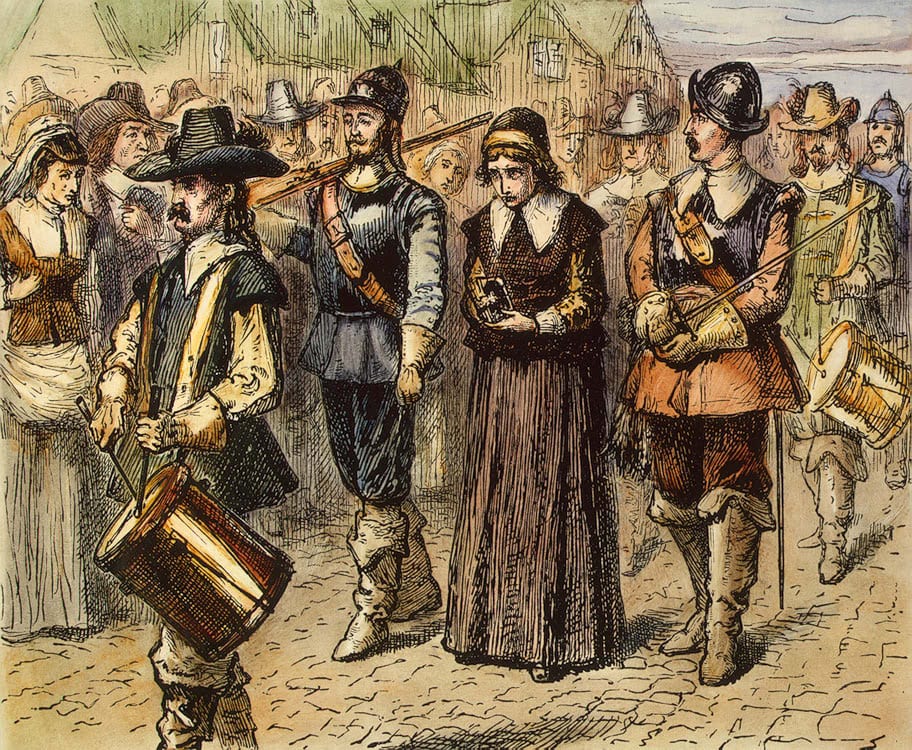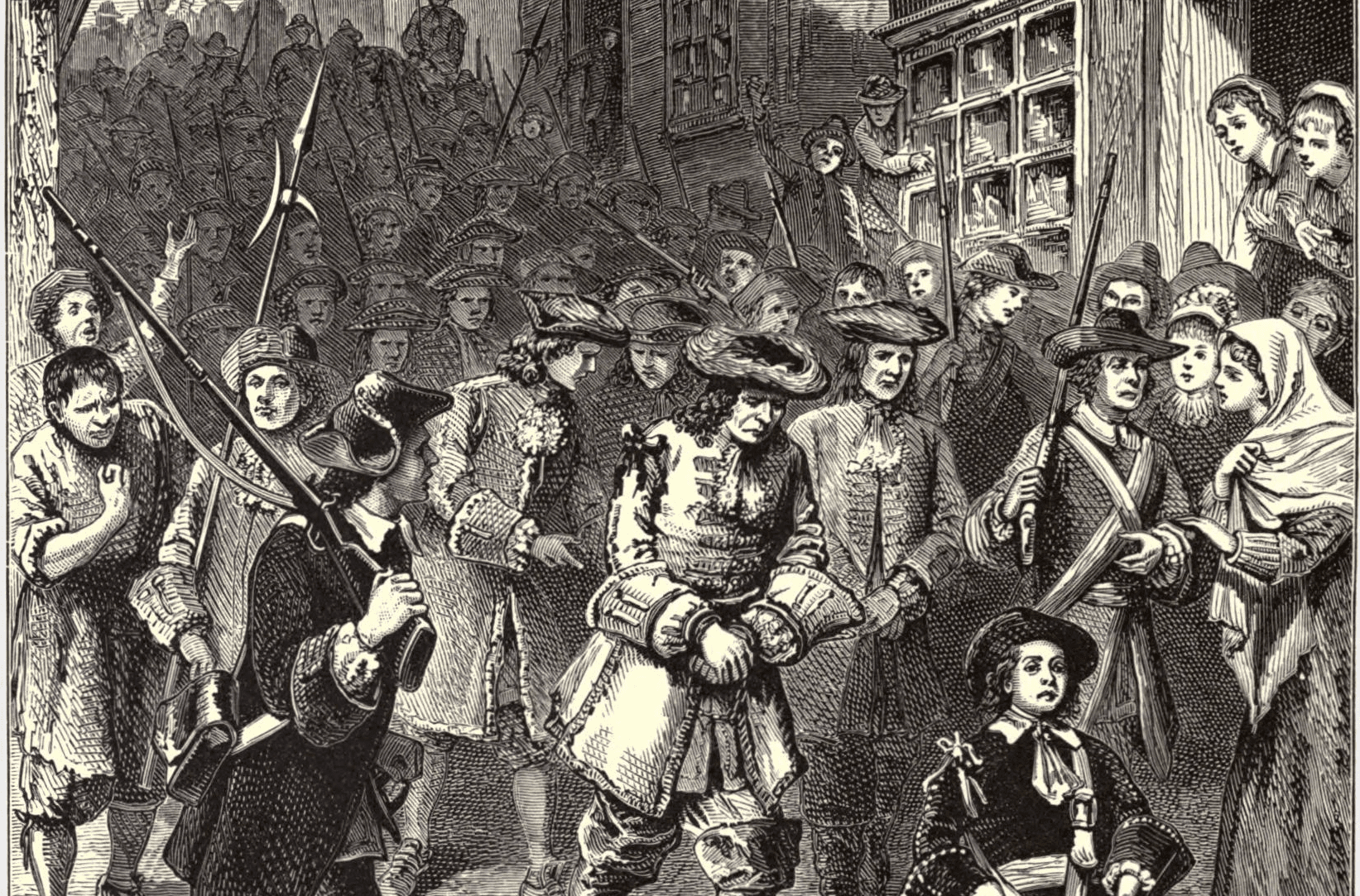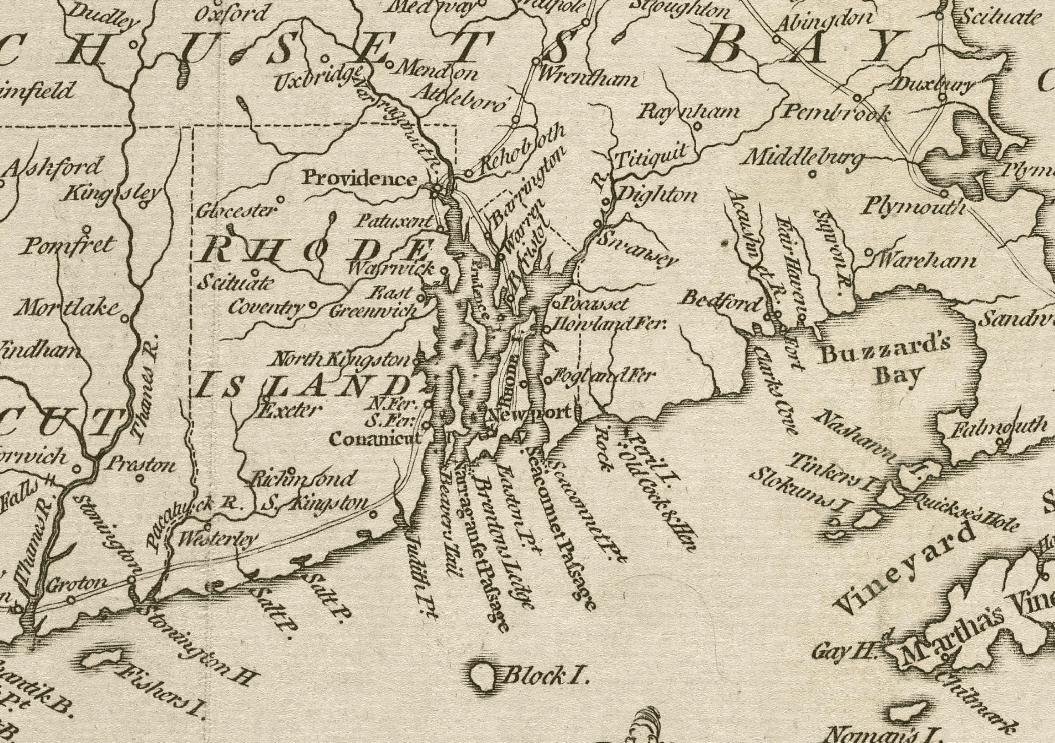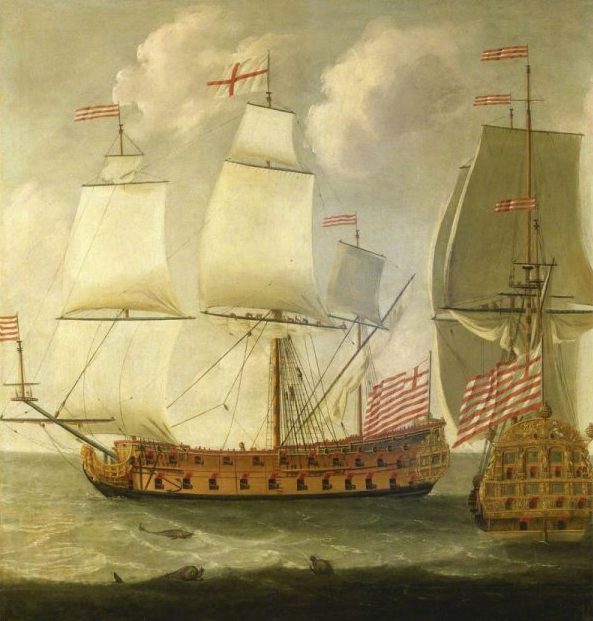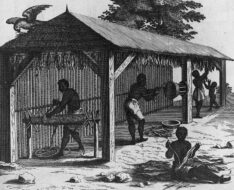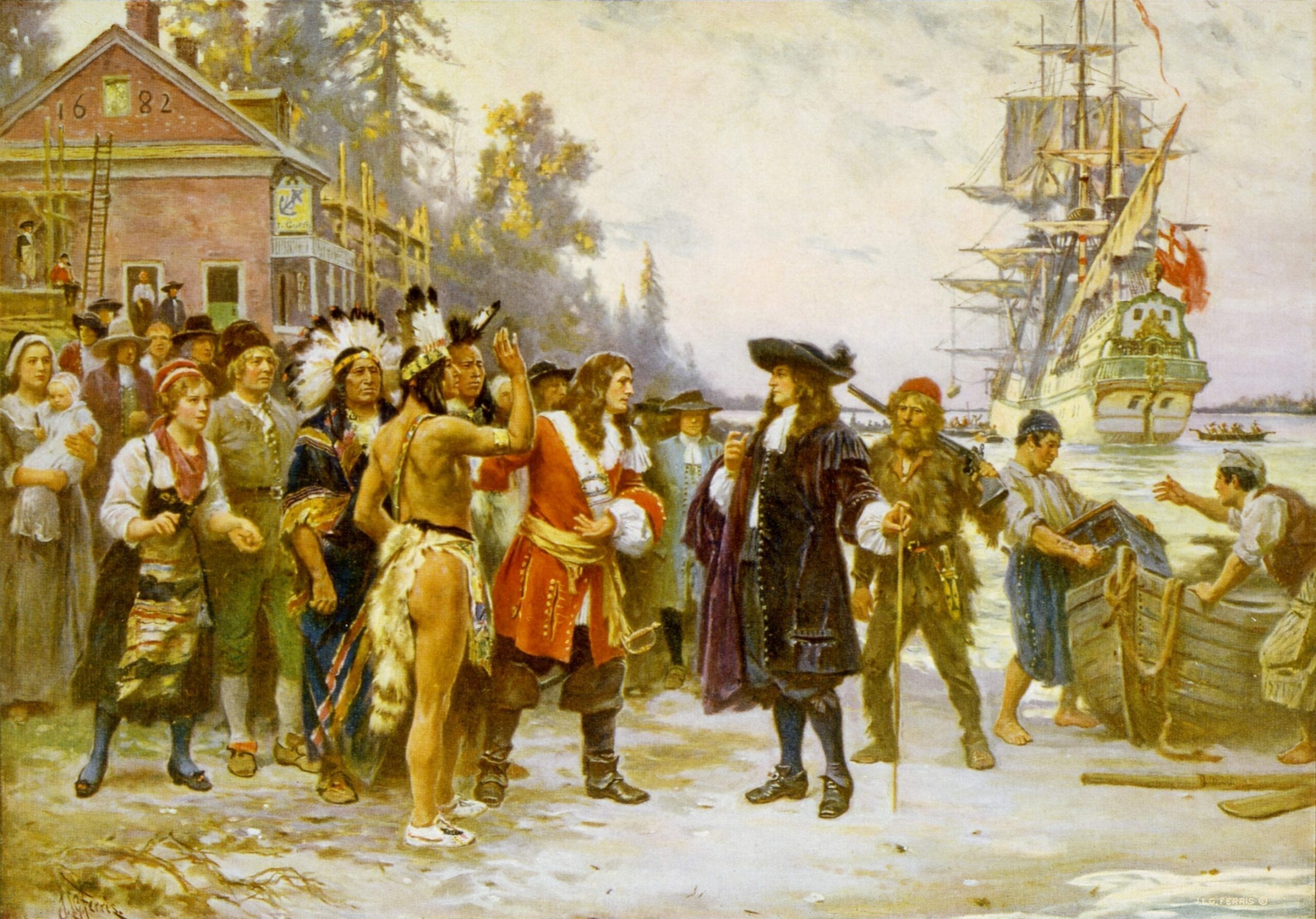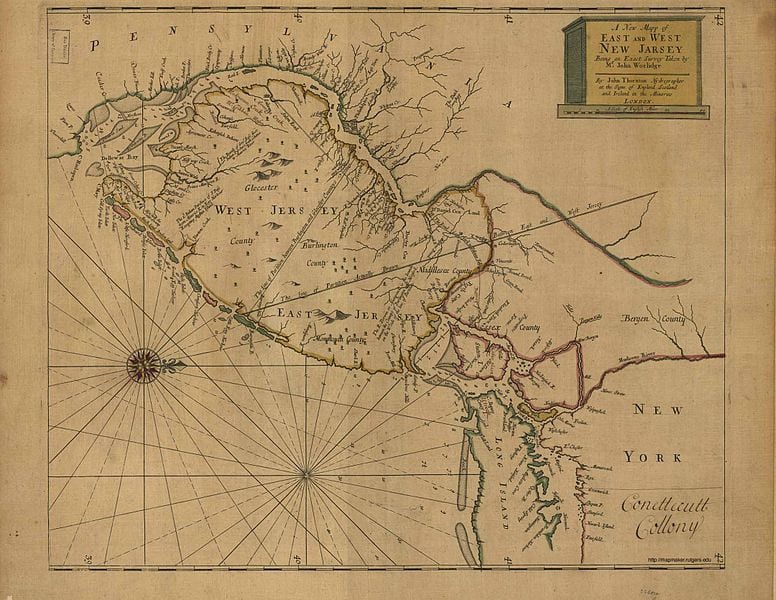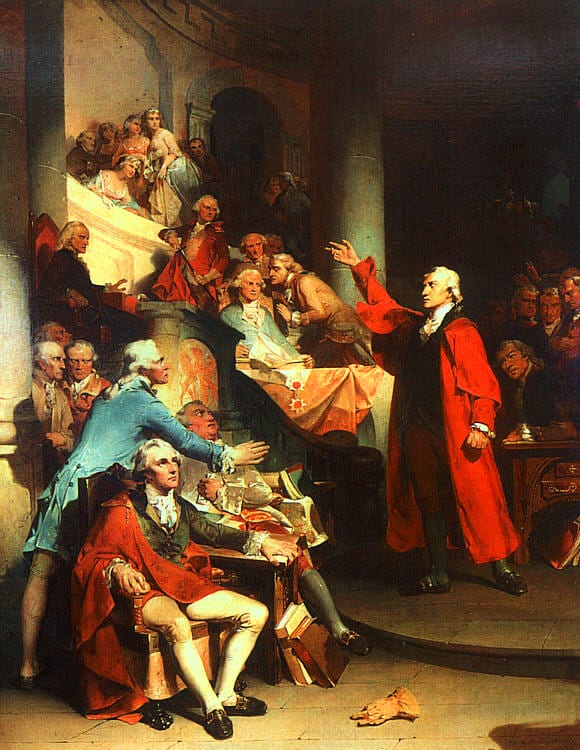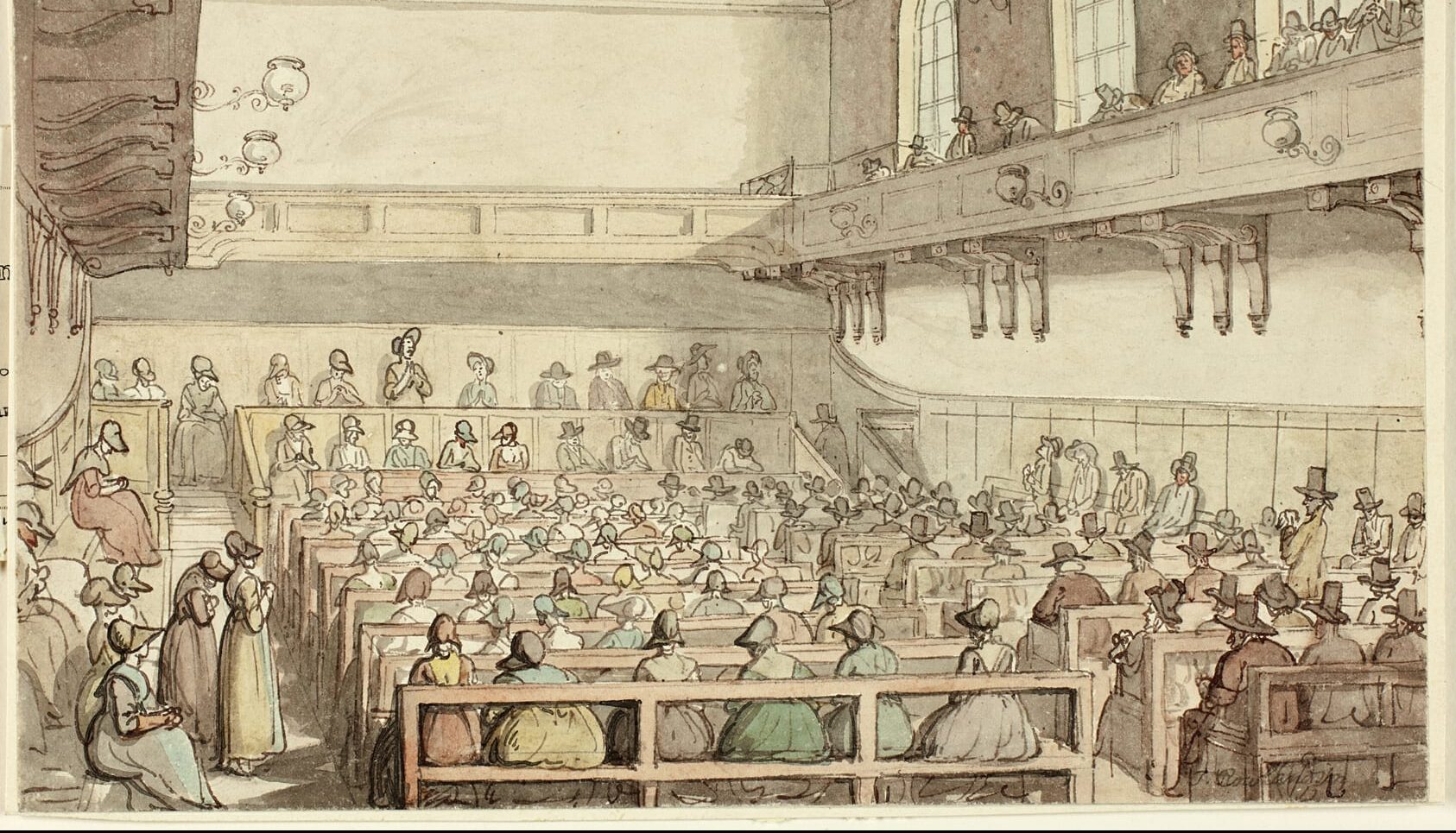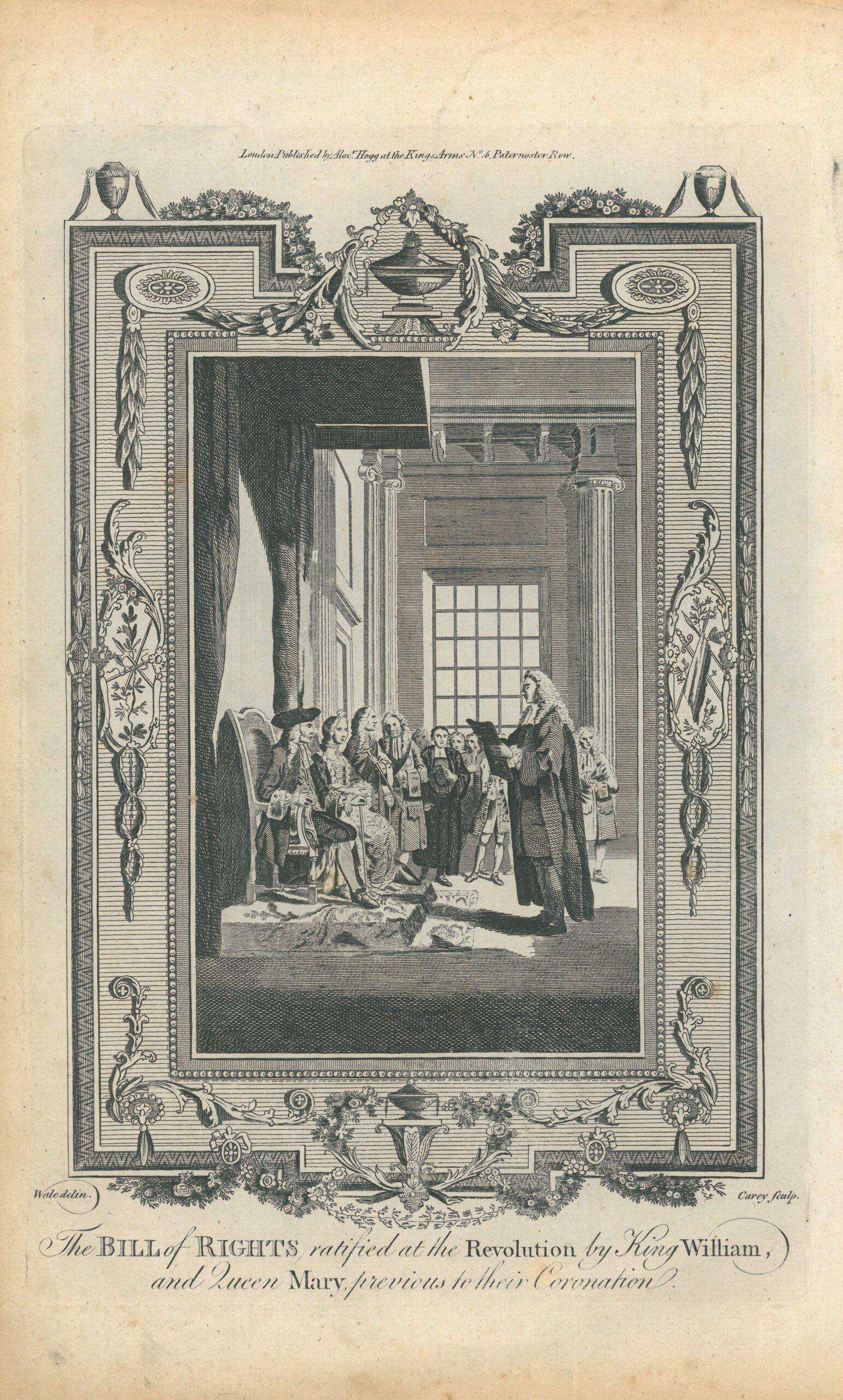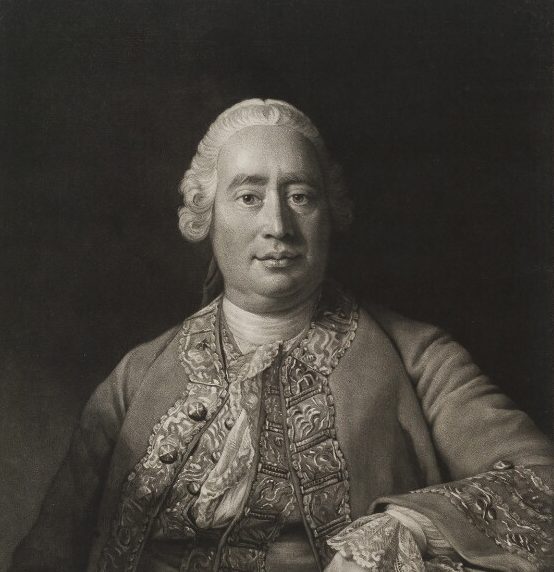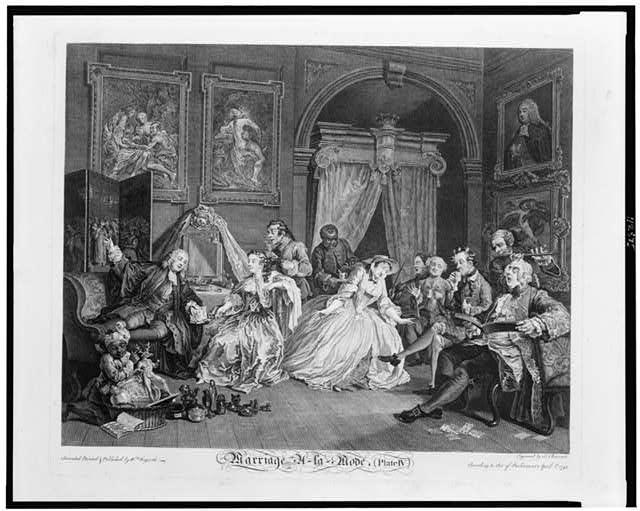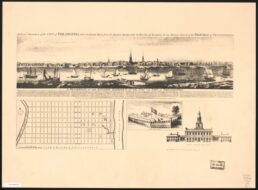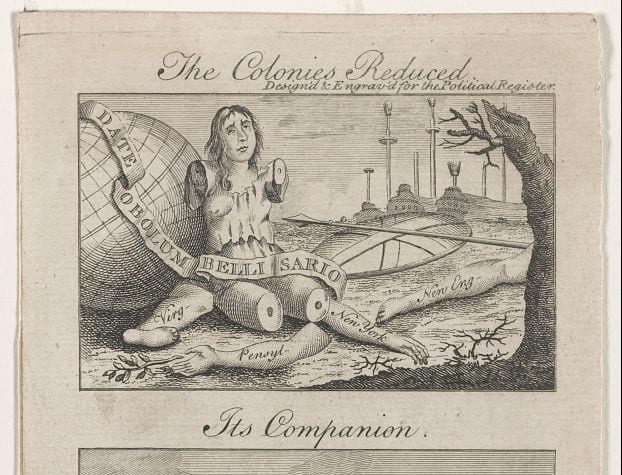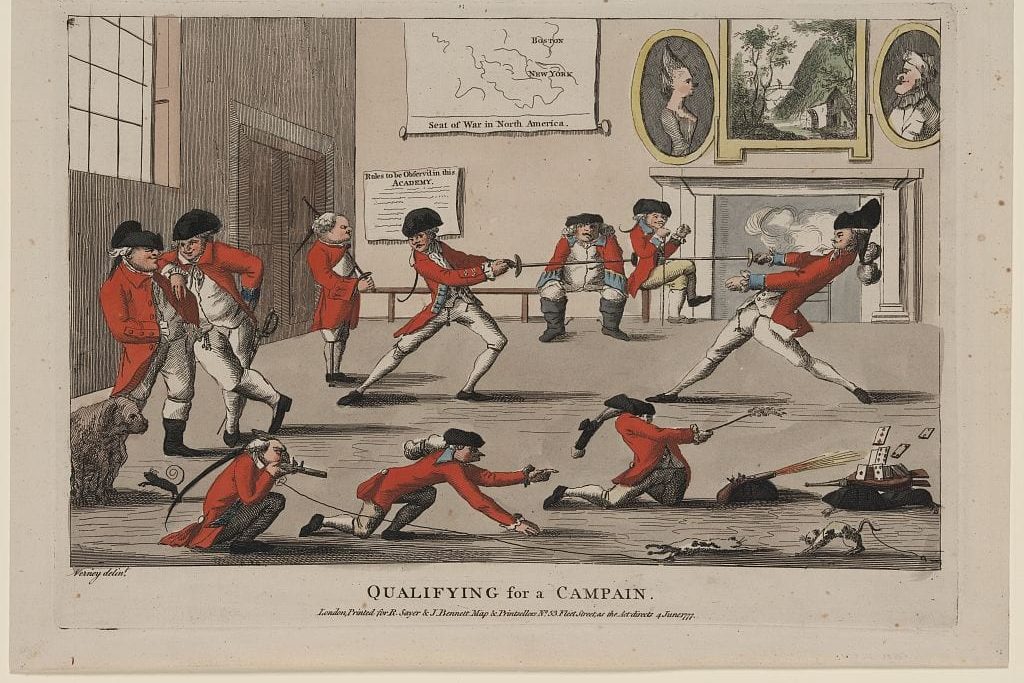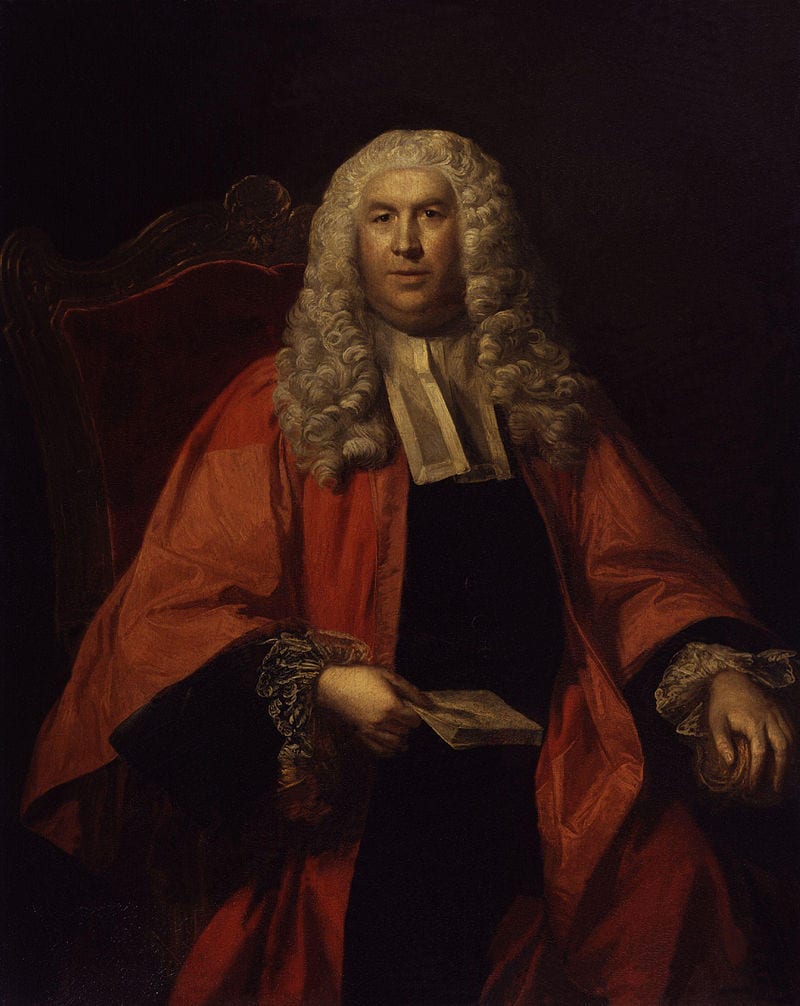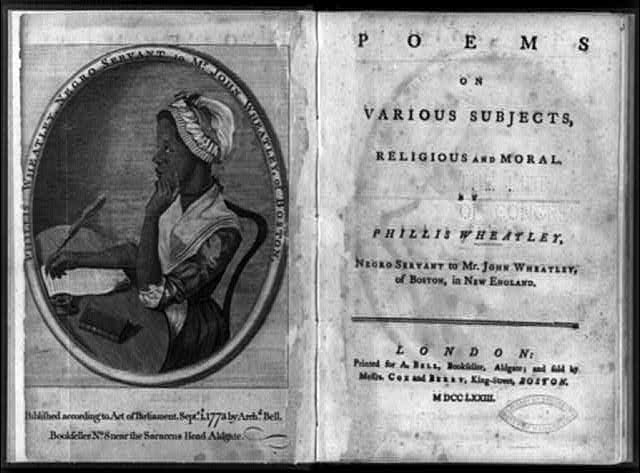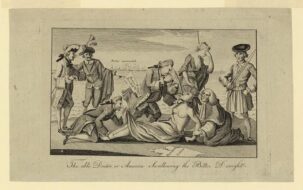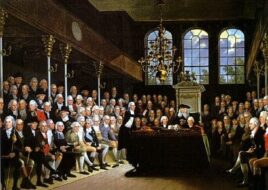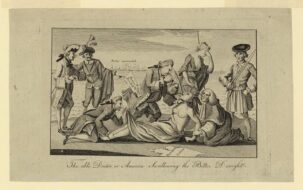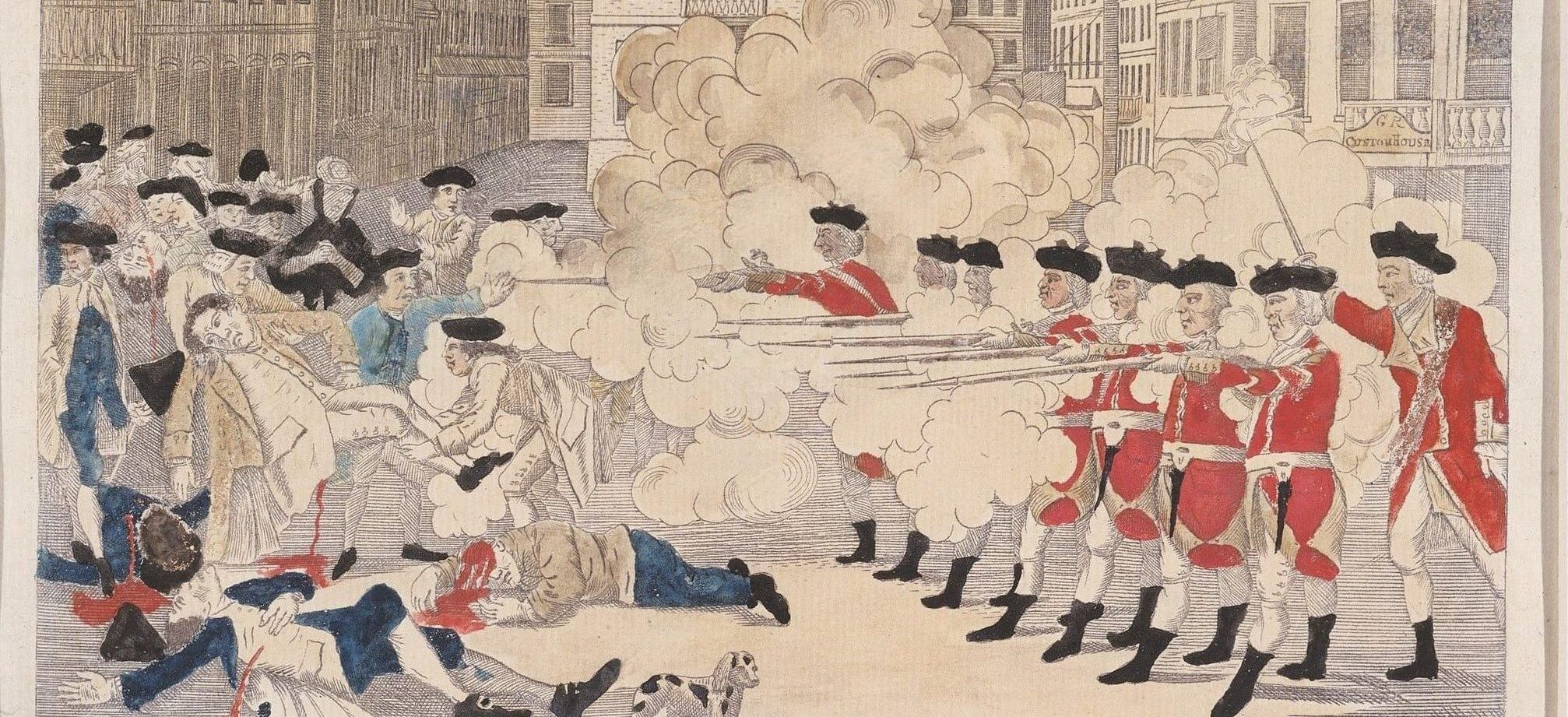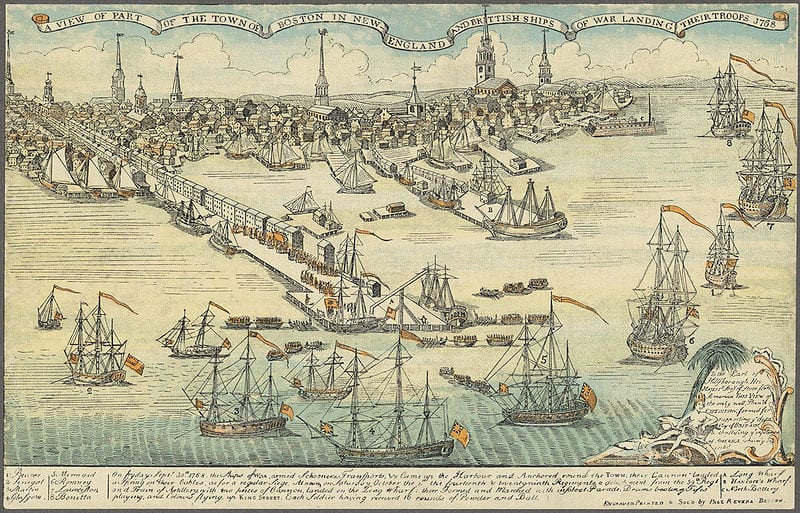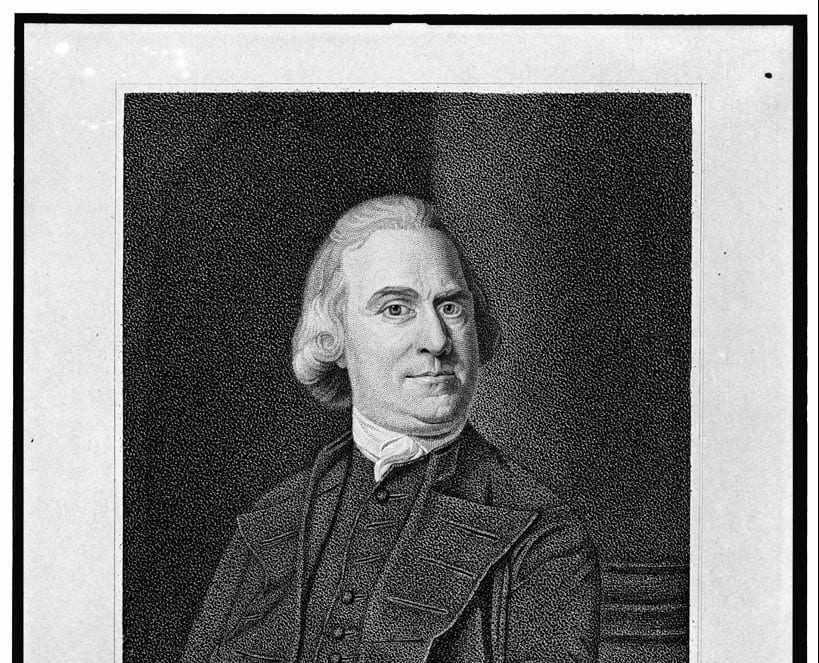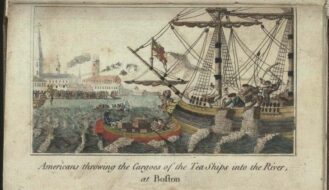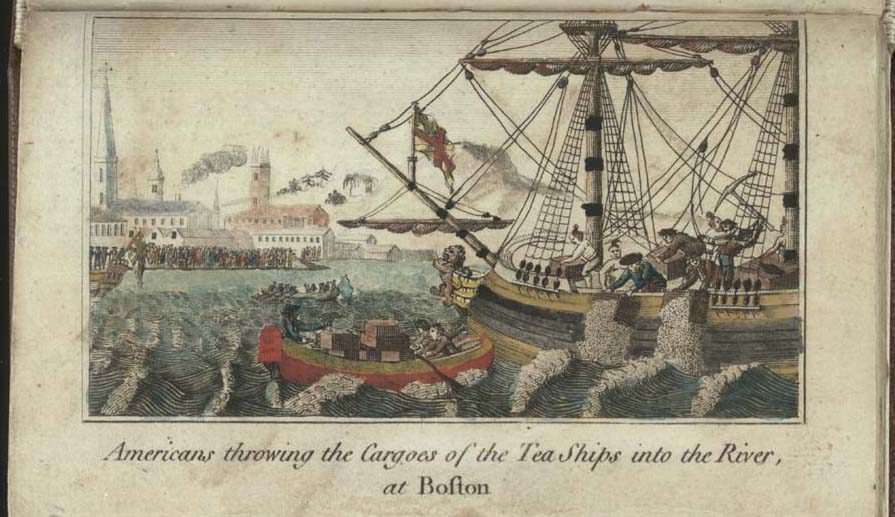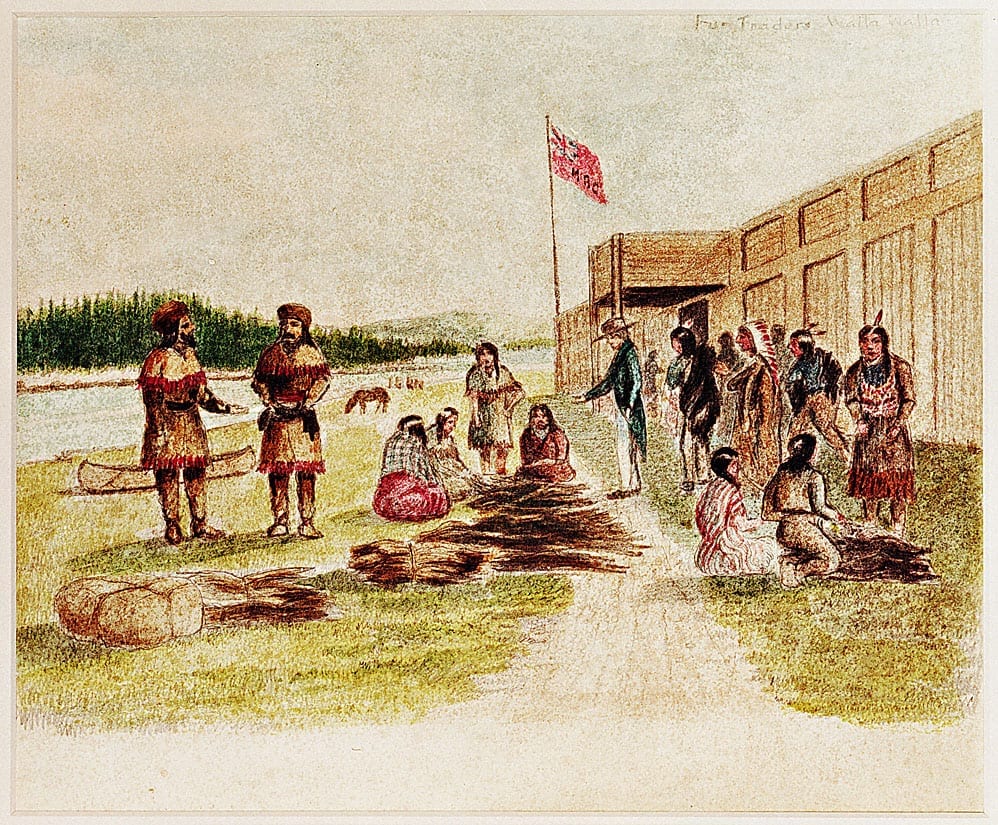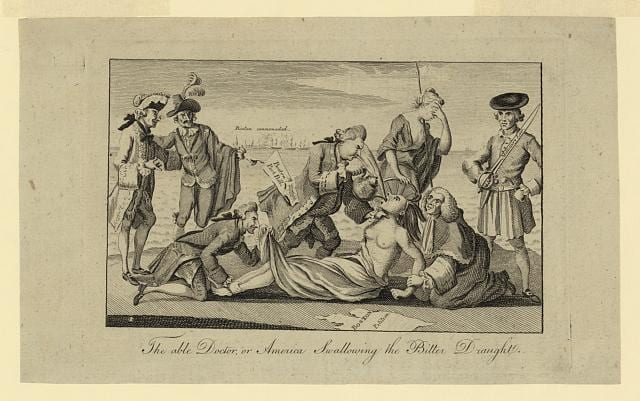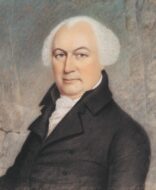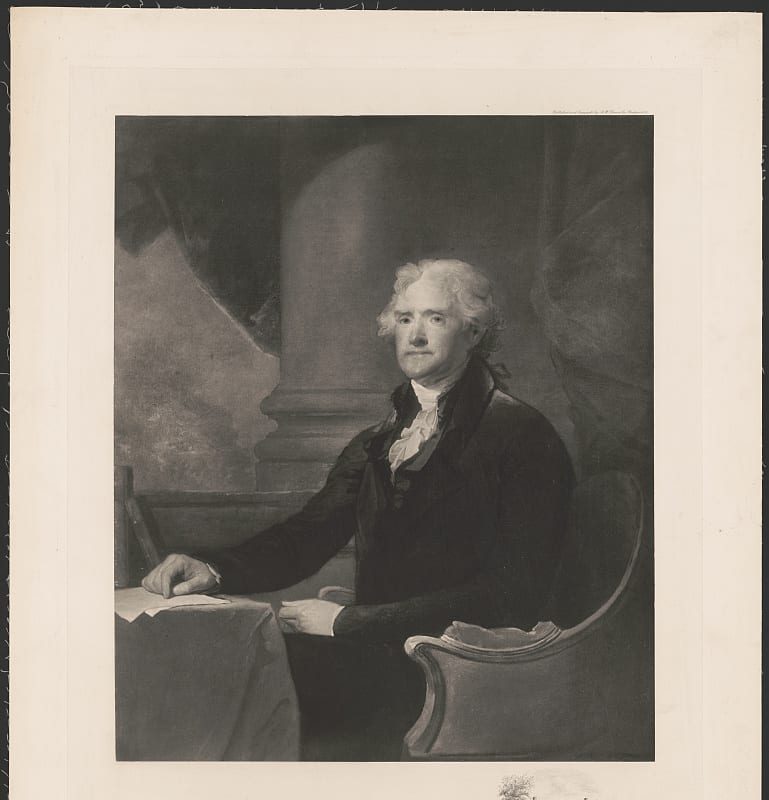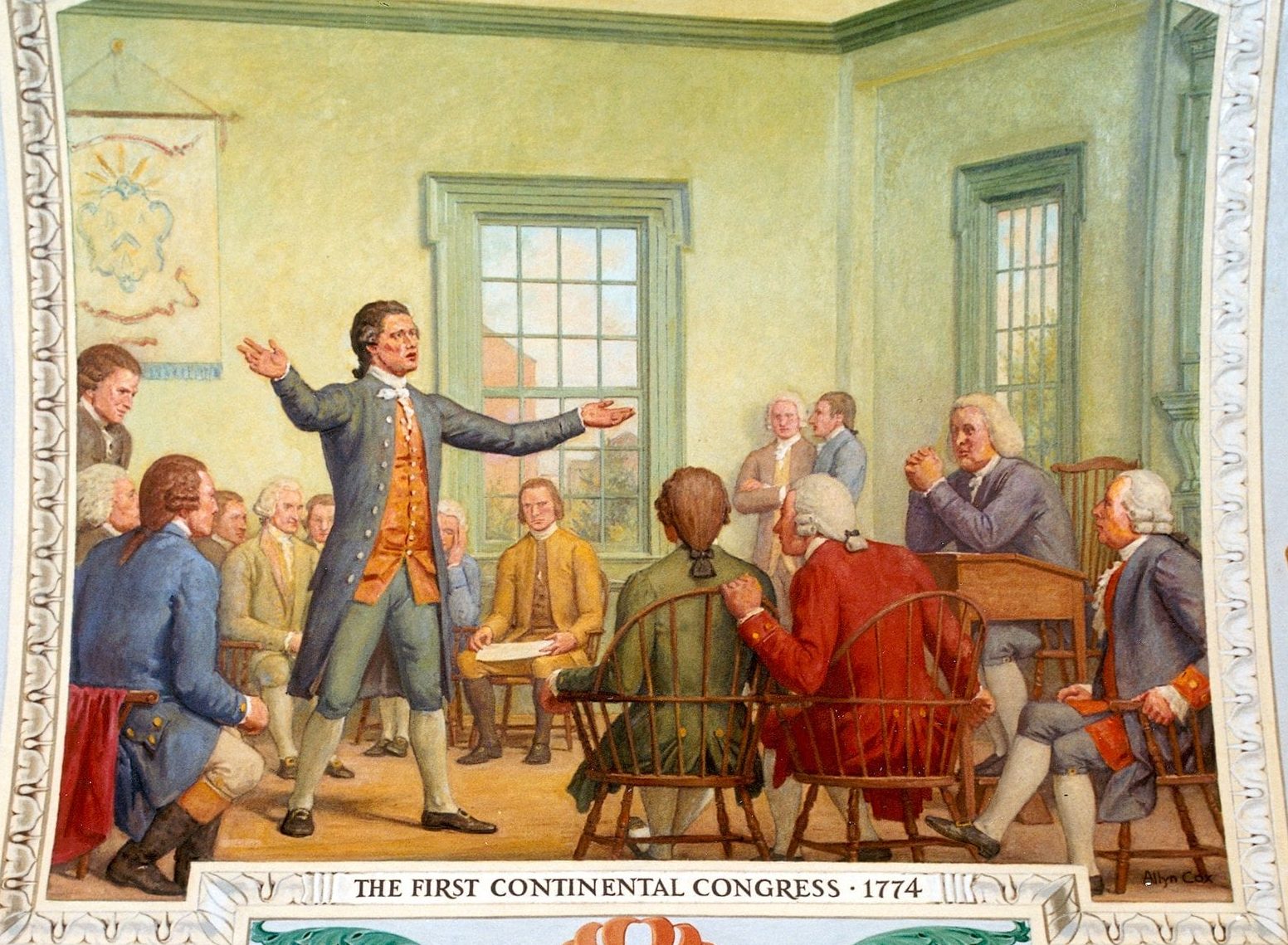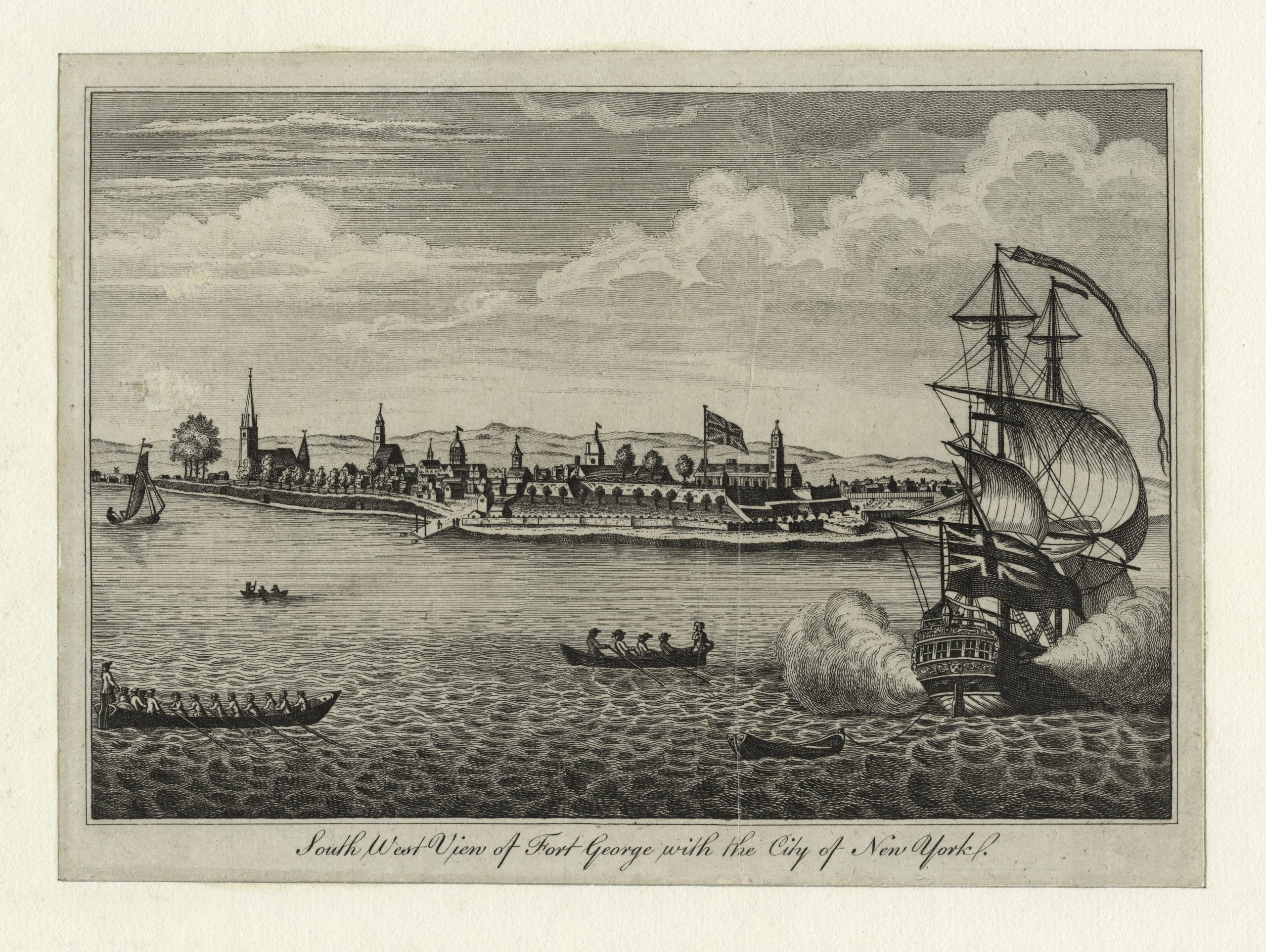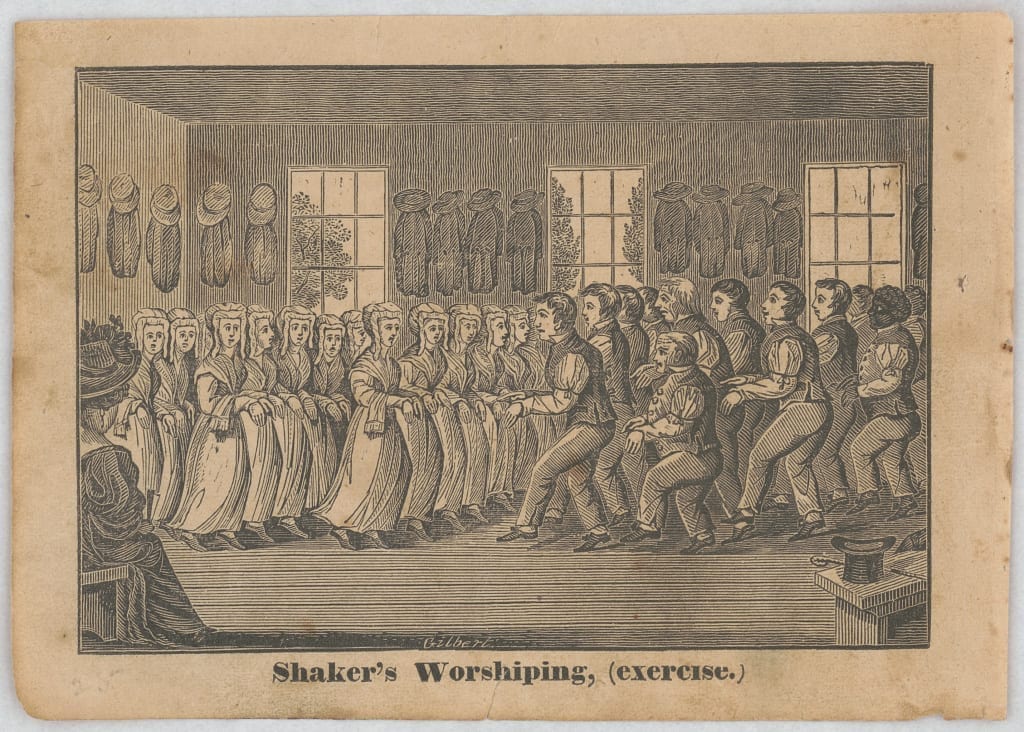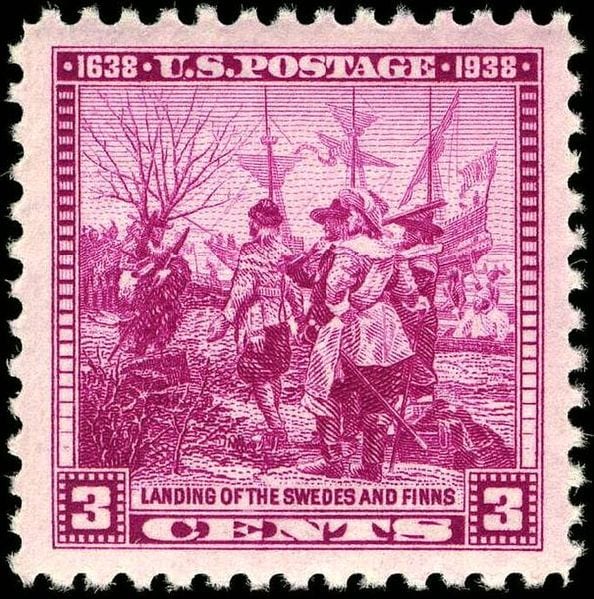
No study questions
No related resources
Charter of Privileges which Gustavus Adolphus Has Graciously Given by Letters Patent to the Newly Established Swedish South Company; June 14, 1626
We, Gustavus Adolphus, by the grace of God, King of Sweden, Gothland, and the Wendes, Grand Duke of Finland, Duke in Esthonia, Lord of Ingermanland, etc. Know you, that whereas we find that it will considerably add to the welfare of our kingdom and of our subjects and that it is necessary that the commerce, trades, and navigation in our lands and territories should grow, be increased, and improved by all suitable means. And whereas by the reports of experienced and trustworthy men we have received reliable and certain intelligence that there are in Africa, America, and Magellanica, or terra australis, many rich countries and islands, of which some are inhabited by quiet and rather effeminate people, some by heathens and savages, some uninhabited, and some as yet only imperfectly explored. With which said countries it will not only be possible to carry on an extraordinary large commerce from our kingdom, but it is also most likely that the said people may likewise be made more civilized and taught morality and the Christian religion by the mutual intercourse and trade. Therefore, we have maturely considered and as far as in our power concluded that the advantages, profits, and welfare of our kingdom and faithful subjects, besides the further propagation of the holy gospel, will be much improved and increased by the discovery of new commercial relations and navigation. We have been so much more indured thereto, as we understand that our faithful subjects, many merchants, as well as others, are willing to promote it and ready to make large advances of money for it. In consideration thereof, after much deliberation and for weighty causes and reasons which have made us well disposed towards this useful and praiseworthy undertaking, we have resolved, desired, and demanded that the commerce and navigation to the countries of Africa, Asia, America, and Magellanica shall be begun and carried on, subject to the formerly stated conditions and rules, by a powerful combination of inhabitants of our lands and territories and others who may desire to take part in it and join. For this purpose a general company shall be established, which, by special favors, we will firmly maintain and strengthen with our help and assistance, granting it the proper permission and the following privileges.
I. First, that during the time of twelve years none of our subjects and inhabitants of our lands and territories shall be allowed to sail and trade in anybody’s but the company’s name and behalf south of the Straits of Gibraltar to the countries of Africa, Asia, America, and Magellanica, or Terra Australis, reckoning the coast of America up to the same latitude as the said Straits, of 36 degrees, nor to any country or island lying between Africa and America under the said latitudes, while the ships and goods of all who have dared to trade there without our and this company’s consent and permission shall be confiscated. And the shipowners who may have sent them there to trade shall be prosecuted. Against those who shall violate this rule, we will institute proceedings as against one who transgresses our laws and ordinances.
II. The association shall commence on the first of May of next year, the 1627th after the birth of Christ, and continue during the following twelve years. During this time no one shall be allowed to withdraw his invested capital nor shall new stockholders be admitted. But when towards the end when the twelve years are about to expire, the shareholders conclude to ask us that the time of the charter be prolonged, then we promise, that we will extend it if we can come to the conclusion that it may be done in reason.
III. Every year an account shall be rendered in presence of such shareholders as have invested for their own account one thousand dalers. Every six years all the general accounts shall be closed and new ones opened. If, which God may prevent, it then should happen that the profits are not so large or the results such as to justify the shareholders to resolve by a majority of votes not to let the company continue, it shall be dissolved and the funds divided.
IV. That the moneys which are needed hereto may be collected so much easier, everyone shall be reminded and warned by public proclamations that all inhabitants of this country must make their subscriptions between now and the first of March next, likewise those from other places beyond sea until the first of May next, be it for larger or smaller amounts. These sums must be paid in four years, each year one-fourth.
V. After the time for subscribing has passed, measures shall be taken for an election of directors and as many directors shall be chosen as hundreds of thousand dalers shall be found to have been subscribed, unless someone should conclude to appoint, for such a sum of hundred thousand dalers which he has invested, two directors, which he may do, but so that both together shall not receive more than one director’s salary.
VI. The directors shall be chosen by a majority of votes from the number of shareholders. Nobody shall be allowed to cast a vote at the election unless he has subscribed for his own account one thousand dalers; likewise shall no one be chosen director unless he has subscribed for his own account two thousand dalers, which sum he shall have no right to dispose or divest himself of during the period of his official service.
VII. The first directors shall serve during the six years following. After this period has elapsed, they shall all be discharged and removed and then two-thirds shall again be elected out of the number of the out-going directors by the shareholders and the remaining one-third shall be taken from the principal shareholders. This rule shall thus be observed every two years until the time of the charter has expired.
VIII. All countries, cities, companies, or single individuals, foreigners as well as natives who invest the sum of one hundred thousand dalers are entitled to appoint a director. To this end, each national shall have a special contract to appoint for the management of their moneys such persons as they have the most confidence in. Likewise everyone, when subscribing, may expressly state under which nationality he desires to place his money. And the foreigners, who should desire to come into our kingdom and reside here and who will invest five and twenty thousand dalers in this company, shall enjoy the rights of citizens of the places where they reside, insofar as they will not carry on any burghers trade. They shall be free from all taxes and duties and at liberty to leave when they please without paying to us or the cities where they have resided any departing fee. Likewise, their heirs, or those whom in their last wills they shall institute as their heirs, may sell, take away, and remove the inherited property without any further tax or other toll being imposed, as before said.
IX. The directors shall have equal power and authority, without regard to the office and dignity with which they are clothed outside of the company or to the rank of the persons who may have appointed them. They shall take a solemn oath that they will faithfully and honestly perform. the duties of their office, not endeavor to promote the interests of one shareholder more than those of another, as well as further the company’s interests in every respect, prevent losses and during their term of office not buy any kind of goods outside of the company nor at any time either directly or indirectly sell or deliver any.
X. The directors shall have for their services a yearly remuneration and subsistence of one thousand dalers.
XI. If the directors should have to travel for the company, then they shall receive a daily allowance of six marks Swedish, besides what they pay out for the hire of horses, drivers, and carriages.
XII. Bookkeepers, cashiers, and clerks are to be paid out of the company’s funds. The directors of each department shall be answerable for their respective cashiers and employees.
XIII. If it should happen that a director of one or the other department should get into such a position that he cannot execute his trust and any loss may be caused thereby, then it falls upon the department which is under his management, or to which he belongs, or upon those who especially may have appointed such a director. The sums, therefore, which the directors have invested in the company shall, for the greater insurance of their faithfulness, remain so invested. This refers also to all shareholders who should become indebted to the company, but it shall be so understood as if the sums, which have been paid in from the first beginning, have been extinguished by assignment.
XIV. The persons or the property of the directors shall not be held liable or molested for what concerns the whole company; but if there is somebody who has any claim upon them, then he shall be obliged in such a case to sue them according to law.
XV. The moneys invested herein shall be free from confiscation and not be forfeited, even though it should happen, which God may prevent, that any misunderstanding or war should occur between us and any king, prince, or republic whose subjects have joined this company; they may, like the inhabitants of our kingdom and all other shareholders, freely and frankly, without any hindrance or loss, take out their capital and the accrued profits.
XVI. Any country or city conveniently located for navigation and commerce, investing a sum of three hundred thousand dalers, shall have a separate department and the right to send out ships in proportion of the invested capital.
XVII. Different countries and cities which have subscribed the aforesaid sum may unite their capital and have a separate department and shipping rights as often as their turn and the distribution comes, subject to their agreement. But the extraordinary expenses which may arise from such distributions shall fall upon the cities which desire to enjoy this advantage and not upon the company.
XVIII. All ships about to sail shall assemble in the port of Gottenburg and depart in company as a fleet, also upon their return come back to the same port to discharge there such cargoes as it may be serviceable to sell and to send away; thence the ships shall then go to the places from where they hail, as far as wind and weather permit and it can be done without any considerable danger and loss to the company.
XIX. In case one or the other department should receive or have on hand an abundance of goods with which another department is not provided, then the first shall be obliged to furnish them to the other which is unprovided and further assist it when they are sold.
XX. After the election of directors and the establishment of departments, as many supervising stockholders shall be appointed for each department as the stockholders think necessary, who shall be instructed to inspect the accounts every day as well as deliberate with the directors upon all matters of importance, also resolve whether the company shall be continued or dissolved, also when the incoming cargoes and the profits on them shall be divided. Care must also be taken that, as far as possible, in the selection and choice of supervising stockholders, directors, commissaries, officers, skippers, mates, and others engaged into the company’s service, always those are especially and above all others considered and promoted who hold the most shares in the company.
XXI. Departments shall have authority to transfer a director from one department to another and all the other departments are especially obliged to have one director in Gottenburg. The separate departments shall further transmit to each other, at least within two months after the departure of the ships, statements of the cost of fitting out the ships and of the cargoes, likewise every three months a statement of what each department has sold.
XXII. Whenever it will be necessary to call together the departments to determine the voyages, where and how many ships shall be fitted out, the price to be placed on arriving goods, and to audit accounts and other similar business, it shall be done the first year in the department which has invested the largest sum, then in that one the capital of which exceeds that of the others and after that in the other departments the shares of which are the least.
XXIII. When a meeting is to be held, twelve directors shall appear from all departments, to whom we will add a thirteenth vote so that all matters may be decided by a majority of votes. Each department shall further send to the meeting as many persons, as in proportion they are interested in the capital, to wit: if any department is interested in one-half (of the capital) it shall delegate six persons; if in one-third, four; if in one-fourth, three; and for one-sixth, two. All departments must submit to what is decided by a majority of votes and nobody shall dare to act otherwise.
XXIV. We have further granted and privileged this company, as we herewith now do grant and privilege, that they shall not pay any higher duties than four percent on all goods and merchandises which they import to or export from our kingdom and territories. When the aforesaid four percent are once paid on imported goods, the company shall have permission to export and pass the said goods through our customs’ offices as often as it may be necessary without paying further duties. They may also, under the same condition, freely transport and remove all goods and merchandises imported by others and on which duty has been paid or they shall be duty free when the duties are paid within this country; provided, however, that this company shall do only a wholesale business and carry on no country trade to the prejudice and disadvantage of the privileges of our citizens or cities.
XXV. We take, besides all this, herewith this company as a ward into our protection, promising to defend and guard them with the power of our kingdom in their free commerce and navigation against all and everybody in special who should hinder and damage them in their good and lawful undertaking; and if any war should be made against them, we will come to their assistance and relief with as many men-of-war and soldiers as the occasion may require and the circumstances of our kingdom will allow.
XXVI. We will, likewise, in peace as well as in times of war, establish and have erected such forts and fortifications as we shall find useful and necessary for the safety of the commerce and of the people who went there, providing all the fortifications with ordnance, ammunition, and troops; which troops we will pay and subsist without expense to the company.
XXVII. All booty taken by the company from pirates and other enemies shall be used for the defense and protection of the commerce and we or our admiral will make no claims upon it. But if any booty should be taken while our ships-of-war are present, then the said booty shall be divided as follows: one part shall belong to us, the other to the company in proportion to the people who were present when the ships were taken.
XXVIII. We will not take or have taken by any means from the company’s into our or our kingdom’s service any ship, ordnance, ammunition, money, goods, or merchandises, unless it may be done with the free, thorough, joyous, and unanimous consent and approval of the company, its supervising stockholders and directors.
XXIX. This company shall have power, within the aforesaid limits and rules, to make in our name alliances, treaties, and agreements with kings, princes, and republics, people and inhabitants of the abovementioned countries, also to build cities, castles, and forts, settle people in fertile countries as well as in unsettled places, decide upon, make arrangements for, and promote the population and settlements, and carry into effect everything which may be of service to us and of advantage and profit to the company. But, it is at the same time ordered that they shall not commit or begin any hostilities with the people and inhabitants of the aforesaid countries nor against any nation in Europe which may trade or have settlements at the aforesaid places, nor even against the subjects of the King of Spain unless obliged to defend themselves, nor shall they trade at any place within the said King’s jurisdiction unless his subjects are inclined to allow and grant it. And we expressly forbid that any of our subjects shall undertake to act contrary to this order, under such penalties and fines as are imposed upon those who transgress our laws and disturb the public peace.
XXX. But in case the members of company are cheated under the appearance of friendship and badly treated in whatever manner or if anyone should try to injure or hinder them in their free trade by force or fraud, then we give them full authority, consent, and command to obtain an indemnification by all possible means and as quickly as feasible. They may also treat like pirates and declared enemies all who want to damage them in their trade by force. They shall take, punish, and proceed against them in the same manner as it is usually done against all such disturbers of the public peace.
XXXI. In order to manifest the great pleasure which we have in the progress of this company, we promise that we will subscribe and invest a sum of four hundred thousand dalers, counting thirty-two round pieces to a daler, which we will risk for our own account, dividing profit and loss with the other shareholders.
XXXII. As compensation for all these advantages, assistance, franchises, and privileges we will take, besides, the aforesaid duty of four per cent and keep one-fifth part of all the gold, silver, quicksilver, and other minerals which may be found in the mines and the tenth of the produce of the country, not including herein the goods and merchandises which are handled by the company nor the coined or uncoined gold and silver which they have received in payment of their merchandises and which, if imported, shall be duty free. Besides this, we do not wish to have the members of the company burdened with any other taxes and imposts.
XXXIII. Whereas William Usselinx, born in Amsterdam in Brabant, has spent most of his lifetime in discovering and exploring the advantages of the countries mentioned in this charter and is in possession of testimonials and certificates from the high mighty Lords States-General of the United Netherlands and the illustrious Prince Maurice, Prince of Orange, of Christian memory, as well as from several now living historians of our time, that he has been the most prominent originator and promoter who, through many years, has assisted in the establishment of the West India Company in the United Netherlands and has given to the said Lords States-General the most reliable information. And whereas he has in the same manner made a good report of it to us, so that we were pleased with it, offering us his services and that he will also further discover and impart to us all the knowledge and information which he has gathered in regard to the said commerce by long continued observations and experience. Therefore, we have, both for the services which he has performed and hereafter shall perform for us and also for the troubles, work, and great expenses which he has had, granted and conceded to him that he shall receive and enjoy from this company one per mille of all goods and merchandise which are bought and sold in the company, as long as the commerce under this charter to the aforesaid places continue, so that the managers of the company shall be obliged to pay the said sum to him, his attorneys and heirs, as soon as the accounts for goods bought and sold can be made up.
XXXIV. When this company shall have been put in working order, a council shall be established which we will invest with proper authority, power, and instructions to take care of military affairs, administer law and justice, make laws and ordinances, and, in case of war, to see that it is begun for a just cause, carried on with caution, and prudently concluded, also to recruit soldiers, to appoint governors, commanders, and those who shall administer law and justice, to build castles and forts, as well as to decide upon and remove all difficulties and litigations which may arise between the people who go over and the natives, or between the same and the directors, likewise between the departments and the shareholders; finally, to take care of and watch over everything which concerns the State and its government. As these are matters mostly foreign to a merchant’s affairs, who has too much to do with trading, fitting out ships, keeping books, and writing letters, as to look sufficiently after them, this council shall take this burden from him. The said council shall be chosen from the most prominent supervising shareholders and shall not in the least interfere with the commercial business nor the appointment of commissaries, skippers, and other officers of the company; but all these shall stand under the orders of the directors who must advise us and our council at once of all news and communications which they receive from foreign lands, so that we may know how to arrange and direct our affairs accordingly. The said council shall decide everything by a majority of votes and there shall be as many members of it as we shall find necessary, whom we will provide with the proper means of support.
XXXV. Any prince, republic, country, city, or company investing the sum of five hundred thousand dalers shall have the right to appoint an agent and resident manager, who may, on behalf of his principals, treat and communicate with us in regard to all matters.
XXXVI. We promise, that, when it should occur that by and by the stockholders deem it advisable and expedient to petition us in regard to any point beneficial to the company which has been omitted here, we shall grant and concede it if we can come to the conclusion that it will be for the welfare of our kingdom and for the advantage and benefit of the commerce.
Letter to Adrian Smoutius
August 11, 1628
Conversation-based seminars for collegial PD, one-day and multi-day seminars, graduate credit seminars (MA degree), online and in-person.





